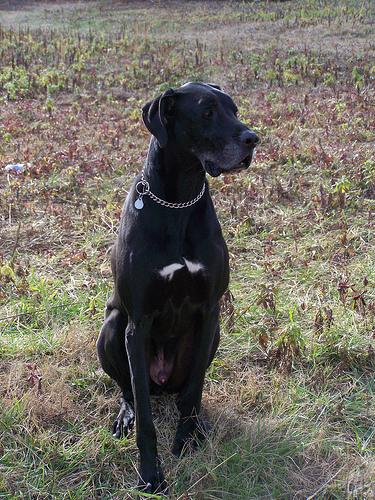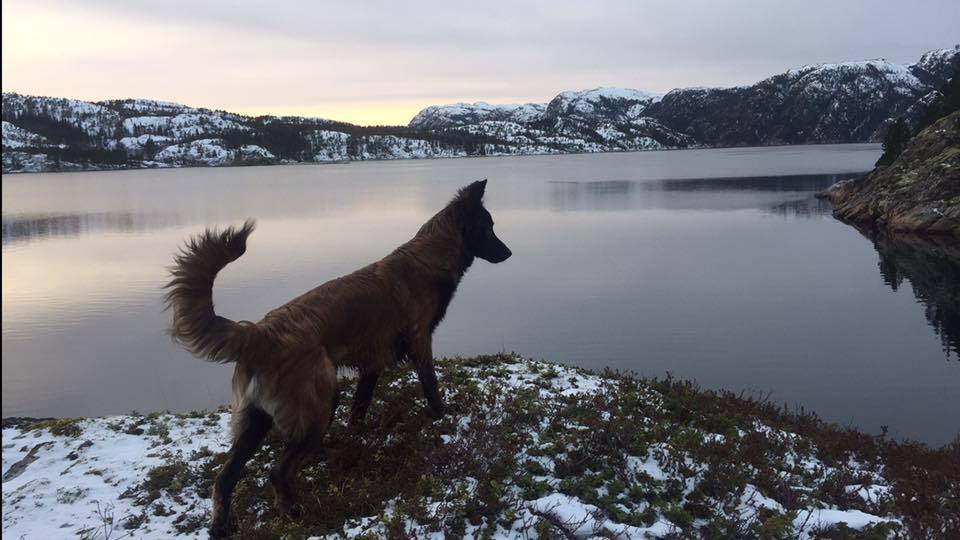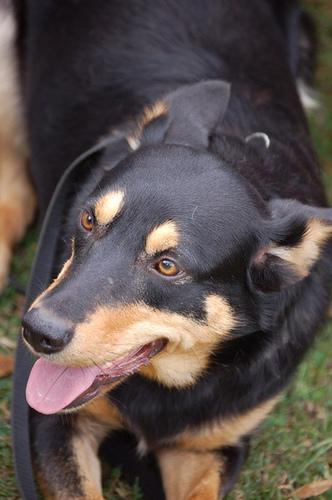About Basenji
The Basenji, often called the "barkless dog," is a unique and captivating breed known for its distinctive yodel-like sound rather than a traditional bark. Originating from Central Africa, this ancient breed is admired for its intelligence, independence, and clean habits. With a sleek, muscular build and a perpetually curious expression, the Basenji is a fascinating companion for the right owner. They are energetic, alert, and possess a strong prey drive, making them an engaging but sometimes challenging pet.
Origin and History
The Basenji boasts a rich history tracing back to Central Africa, where they were initially used as hunting dogs by local tribes. Their agility, speed, and keen eyesight made them invaluable for flushing out small game. These African hunting dogs were prized possessions, and their lineage has remained relatively unchanged for centuries. The Basenji's unique vocalizations and hunting skills played a crucial role in their early survival and development as a breed. Basenji heritage is deeply intertwined with the history and culture of the African Congo.Physical Characteristics
The Basenji is a small to medium-sized dog, typically standing between 16 and 17 inches tall and weighing around 22 to 24 pounds. Their most distinctive feature is their wrinkled forehead, which gives them an expressive and inquisitive appearance. The Basenji coat is short, fine, and glossy, typically seen in colors such as red, black, brindle, or tricolor, all with white markings. Another defining characteristic is their tightly curled tail, which sits jauntily on their back. Their upright ears and almond-shaped eyes contribute to their alert and intelligent look. The Basenji size and build make them agile and athletic.Temperament and Personality
The Basenji temperament is often described as independent and cat-like. While they are intelligent, they can be stubborn and less eager to please than some other breeds. They are known for their cleanliness and are meticulous groomers, often cleaning themselves like cats. Basenjis are generally aloof with strangers but affectionate with their families. Early socialization is crucial to ensure they are well-adjusted and comfortable around new people and situations. The Basenji personality is energetic and curious, making them entertaining companions, but their independent nature requires patience and understanding. The Basenji is good with other dogs if properly socialized.Exercise and Training Needs
Basenjis are energetic dogs that require a moderate amount of exercise to stay happy and healthy. Daily walks, runs, or play sessions are essential to burn off their energy and prevent boredom. They have a strong prey drive, so it's crucial to keep them on a leash in unfenced areas. Basenji training can be challenging due to their independent nature. Positive reinforcement methods, such as treats and praise, are the most effective way to motivate them. Consistency and patience are key when training a Basenji. Basic obedience training and socialization are important for managing their independent tendencies and ensuring they become well-behaved companions.Health and Care
The Basenji lifespan is generally between 9 and 11 years. While they are generally healthy dogs, they are prone to certain breed-specific health concerns, such as Progressive Retinal Atrophy (PRA) and Fanconi syndrome, a kidney disorder. Regular veterinary checkups and genetic testing can help detect and manage these conditions. Basenji grooming needs are minimal due to their short coat; occasional brushing is sufficient to remove loose hair. Maintaining a healthy diet and providing regular exercise are crucial for ensuring a long and healthy life for your Basenji.Ideal Home
The ideal home for a Basenji is one where they receive plenty of attention, exercise, and mental stimulation. They thrive in active households where they can participate in daily activities. While they can adapt to apartment living, they require regular outdoor exercise to prevent boredom. Basenjis are known to be escape artists, so a secure yard is essential. They can be good family dogs with proper socialization, but their independent nature may make them better suited for experienced dog owners who understand their unique needs.
Temperament
Basic Information
- Size Medium
- Life Span 9-11 years
- Coat Type Double
- Coat Length Medium
Characteristics
Energy Level
2/5
Trainability
1/5
Good with Children
3/5
Good with Other Dogs
5/5
Shedding
4/5
Grooming Needs
5/5
Drooling
2/5
Comments
No comments yet. Be the first to comment!
Upload a Photo
You must be logged in to upload photos.
Compare Breeds
Compare this breed with another to find the perfect match for you.



